The Endgame
Newsletter #93 - A guest column by Julian Porter
Toronto, January 5, 2025
Another trip to the hospital. Yippee!
by Julian Porter K.C., retired litigation lawyer and author of 149 Paintings You Really Need to See in Europe
Why? You really don’t want to know. I have a flotilla of medical personnel with different specialities who tell me why. Two problems: I don’t really understand what they’re saying and, even if I did, I forget.
A young, earnest-looking man arrives saying he is to interview me for the Elderly Assistance Program and could he ask a few questions. Yes, I say.
How much do I drink? Answer cleverly misleading. Do I forget names? One of my favourite Shakespearean actors is Simon Russell Beale. I adore him. I’ve seen him often. I’ve seen him live on stage. I am, this very day, listening to his audio book, A Piece of Work. I can’t remember his name!
Then the young lad makes a mistake. “Have you recently passed your driver’s test?” My old litigation spirit pops up. I say to him, “Tell me what the driver’s test is.” He responds, “Well you go to a driving station and you drive with an inspector.”
“Aahhh,” I say. “Let me tell you about the driver’s test for people over 80. You have someone drive you to a place far away. You go into a room. There are 22 chairs in the room and it might surprise you that 40 per cent of the various participants have walkers! The first thing you’re required to do is to go up to the front where the lady has a machine into which you insert your forehead, eyes and mouth. It is meant to track your vision to the left and right to see if you can see light from certain directions. That was all there was to that part of the test. Then a video is shown to try and illustrate the driving experience. It was seven minutes in length and quite illuminating in that in one part they say if you have Parkinson’s look to the left when you enter an intersection. Well, I think you should!
“Then the lady showed us a clock—a drawing of a clock set at 11:20. She then removed the image and asked us to draw a reproduction of 11:20 on our paper. This is, of course, a test for Alzheimer’s and if you miss it you automatically fail. I struggled desperately trying to envisage what 11:20 looked like on a clock. Apparently, I succeeded.”
The earnest-looking young man says, “I wish to put a series of letters and symbols to you three times and then have you repeat them back to me. I say, “No.” Then he says, “I’d like you to draw a clock which I will show you.” “NO!” Out he went.
Next day, surgery. First issue: how long will it be? Maybe one to one-and-a-half hours—no more. Second issue: is there to be local anesthetic? I go to the operating room. The surgeon is there—a strong bull of a man. A tough man. He grabs my hand in a bone-crushing indication of comradeship and says, “We’ll do it by general anesthetic. If it’s only a local anesthetic and you wiggle with some pain it might affect my probing which could be very dangerous.” I talk to the anesthetist, a Czech lady, diminutive, intellectual, subtle, sort of saying it’s my choice for general or local. It was a real discussion.
One of my close friends in my age group has gone through the same sort of thing and he said take the general anesthetic. “Don’t worry, I did and survived.”
I have a plastic mask placed over my face and I’m told to take deep breaths – about 40 of them. Hard work. The mask is pushed to my face. Breath, breath, breath, deeper … slowly it takes.
Ooohhhhh…..
I hear the anesthetist in a crisp voice describe the procedure to follow. All the details. Then she says clearly, “This is a high-risk situation.” Yikes! (I blurrily think.) Well, what do you expect of a nearly 88-year-old? You dummkopf!
Then I’m sure I’m for it. What last thoughts? Wife, children, grandchildren, friends. I’ve done this many times before, thinking of the wonderful people in my past, but this time up pops an image of Rembrandt, his Self-Portrait, first seen in 1955 in London when I was a tour guide and I have visited him fifty times since.
Then up pops a huge, frightening Oath of Civilius…
…and then Jan Six…
… and then an etching…
… and then The Return of the Prodigal Son…
Then, all of a sudden, up pops Fragonard’s The Swing. I say to myself, “What the heck is this doing here?”
Afterwards the young inquisitor and his boss come for a visit. The boss asks me if I know where I am? The date? Which floor I’m on? I say two. She says three. She asks, “Do you mind if I ask you how to spell ‘world’?” “W-O-R-L-D.” She requests that I repeat the spelling backwards.
It took me two runs before I could do it.
*****
Some reader comments on Newsletter #92 (“Life list”)
From Lynn Thomson, author of the wonderful Birding with Yeats: A Mother’s Memoir (2014): “My son is the ‘real’ birder, while I am an accidental. Still, nothing in my life brings me more joy than watching birds out the kitchen window at home or waiting for them to fill the pines surrounding the deck at the cottage. Nothing. I could tear up at the thought of those common terns flying over the lake, veering a bit to fly directly over me as I sit on the dock, binoculars in hand. I love the terns. I love the white-breasted nuthatches. I love the hours I spend in their company. Those hours are not wasted—I will never come to regret them.”
A reader writes: “My partner has been a birder since he was a child. He grew up in a suburb on the outskirts of Ottawa where he and a friend rambled through the fields near his house looking for birds. Although this nerdy pastime earned him derision as a child, it has given him a lot of joy ever since. For me, it is one of the perks of our relationship to go wandering through the woods with Darrel, scanning the trees for birds and listening for birdsong.”
Another point of view, from the irrepressible David Wolinsky: “I’ve found pursuing the perfectly cooked chicken or turkey to be the most satisfying aspect of bird watching. If you’re going to be in Costa Rica I would suggest Costa Rican Arroz con pollo, a tasty chicken and rice dish that doesn’t require long treks through dark rivers or rainforests, and leaves you pleasantly satiated rather than sore and mosquito bitten, the latter being, you should pardon the pun, for the birds.”
A neighbour down the street observes: “There are no birds in the back lane this year. There were plenty last year. House finches, robins, lots of sparrows, cardinals, a woodpecker or two. Now almost nothing. There is, however, a large grey cat prowling about.”
A reader (of everything) writes: “Since you quoted Shakespeare and saw a starling in Florida, you may well be familiar with the linkage, described by Stephen Marche in his clever How Shakespeare Changed Everything: “On March 6, 1890, a New York pharmaceutical manufacturer named Eugene Schieffelin brought natural disaster into the heart of the city completely without meaning to. Throughout the morning snow, which congealed at times to sleet, sixty starlings, imported at great expense from Europe, accompanied Schieffelin on the ride from his country house into Central Park - the noisy, dirty fulfillment of his plan to introduce every bird mentioned by Shakespeare into North America.” Marche states there are now two hundred million of these ‘nightmarish pest(s)’ in North America, which makes your bird list more unusual if it excludes them.”
From My Severest Critic: “I’m a close friend of a world birder. We went to Panama with other world birders, all thin, intense at their evening meeting where they counted their new finds. They observed me with scorn as I was clearly not into crouching in the bushes. I sat outside the hotel veranda looking at the bird feeder which attracted hundreds of perhaps rare birds. Bliss, but scorn from the pros.”
Not everyone is working on a life list: “Your piece on birding reminded me of my own experience when I started birding many years ago. I took a ‘Birding for Beginners’ course which involved an early morning ramble through a Toronto park with an experienced birder. I pointed at a bird pecking around on the ground at a middle distance, and asked him, ‘What's that?’ He looked at me with a pained expression, and replied ‘That's a robin.’ I said to him ‘Well, this is a Birding for Beginners course, after all.’”
And, finally, a generous comment: “I, like many others I suspect, look forward to Endgame every Sunday morning. In my case, reading your latest is the first thing I do when I wake up on Sundays. I hope you keep writing — probably even better than birding for you and wonderful for the rest of us.”
Note to readers: Those who follow The Endgame closely will know that I’m off to Costa Rica shortly. There won’t be a Newsletter the next two Sundays. See you on Sunday, January 26. And Happy New Year! (I hope to God that 2025 is better than 2024.)


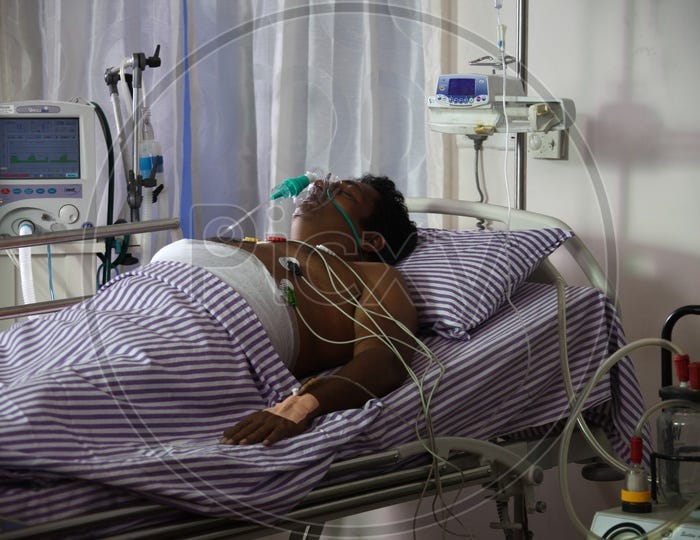
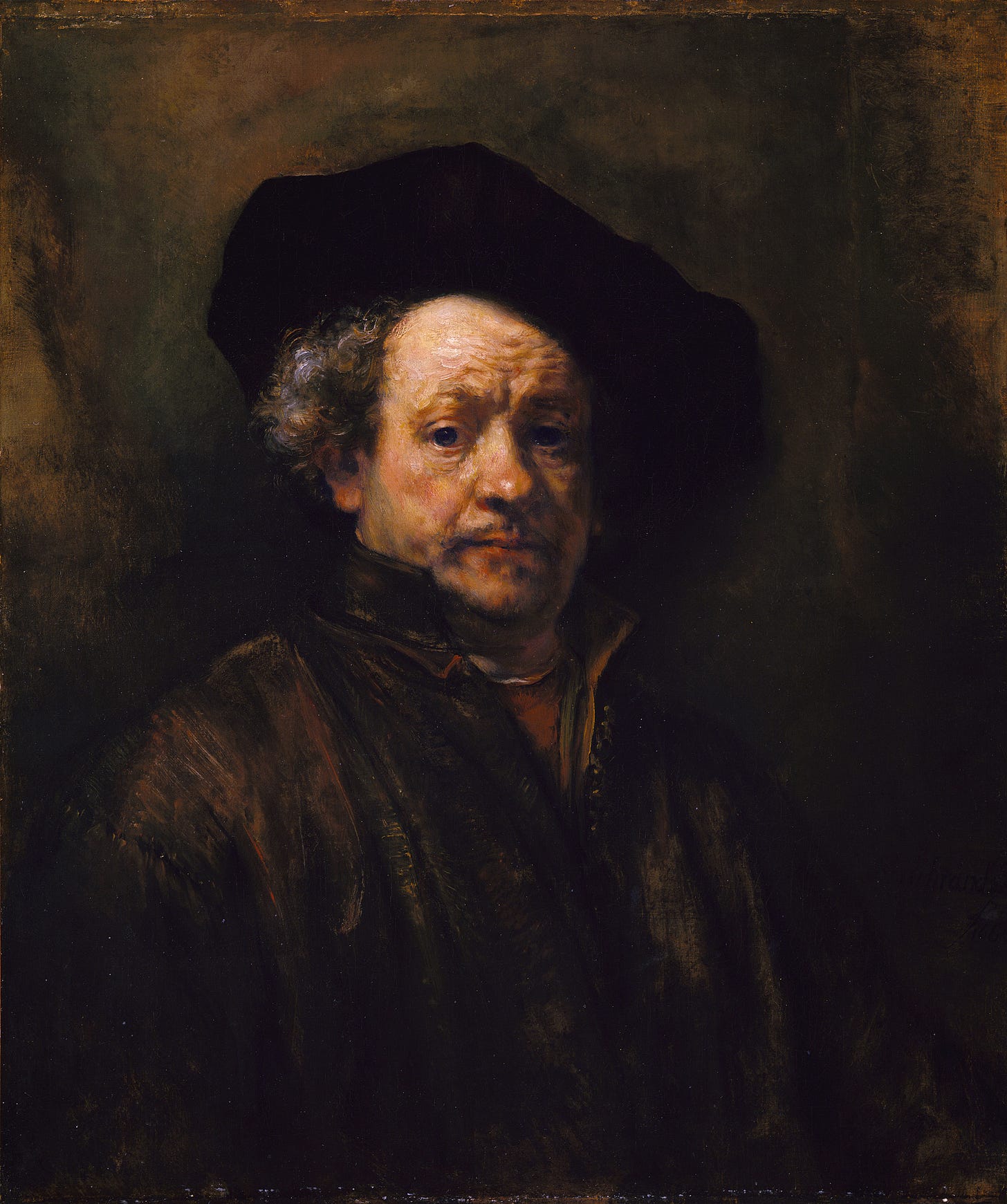
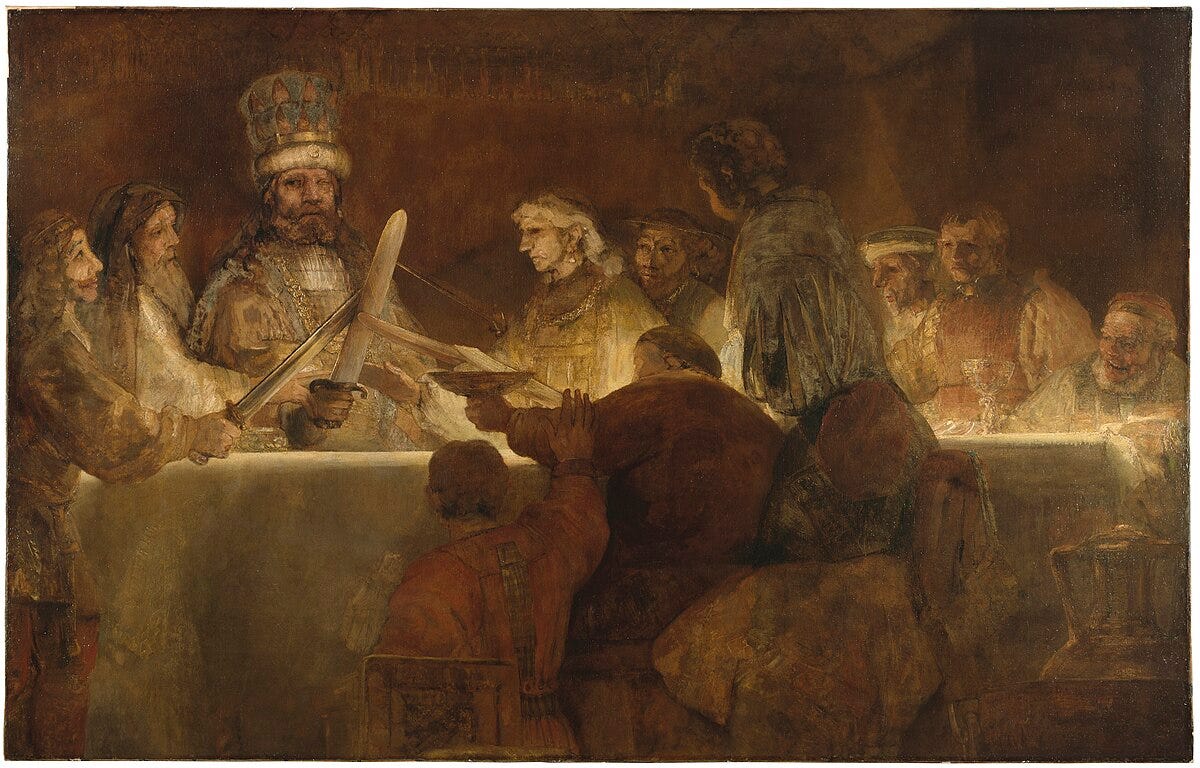
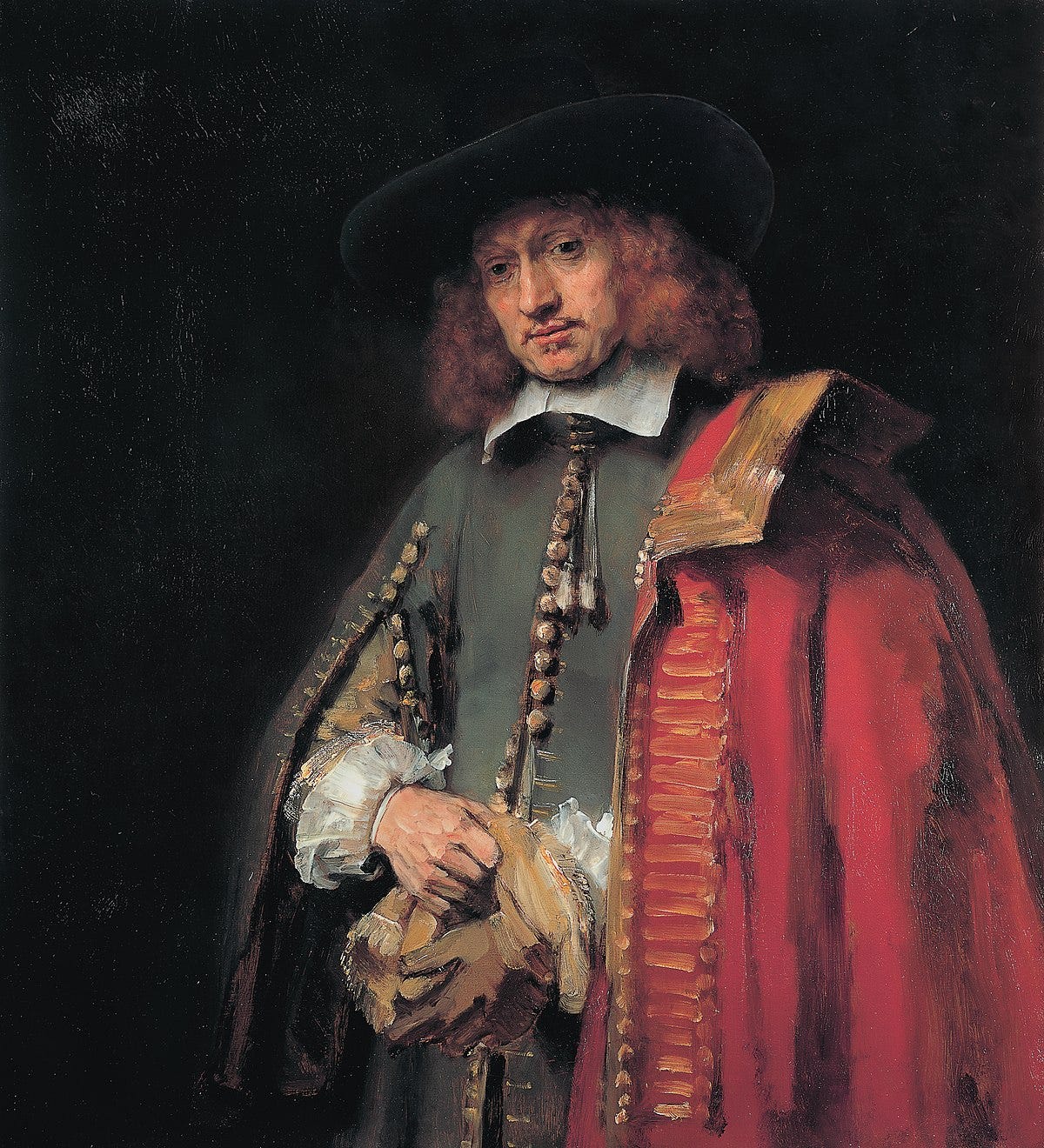
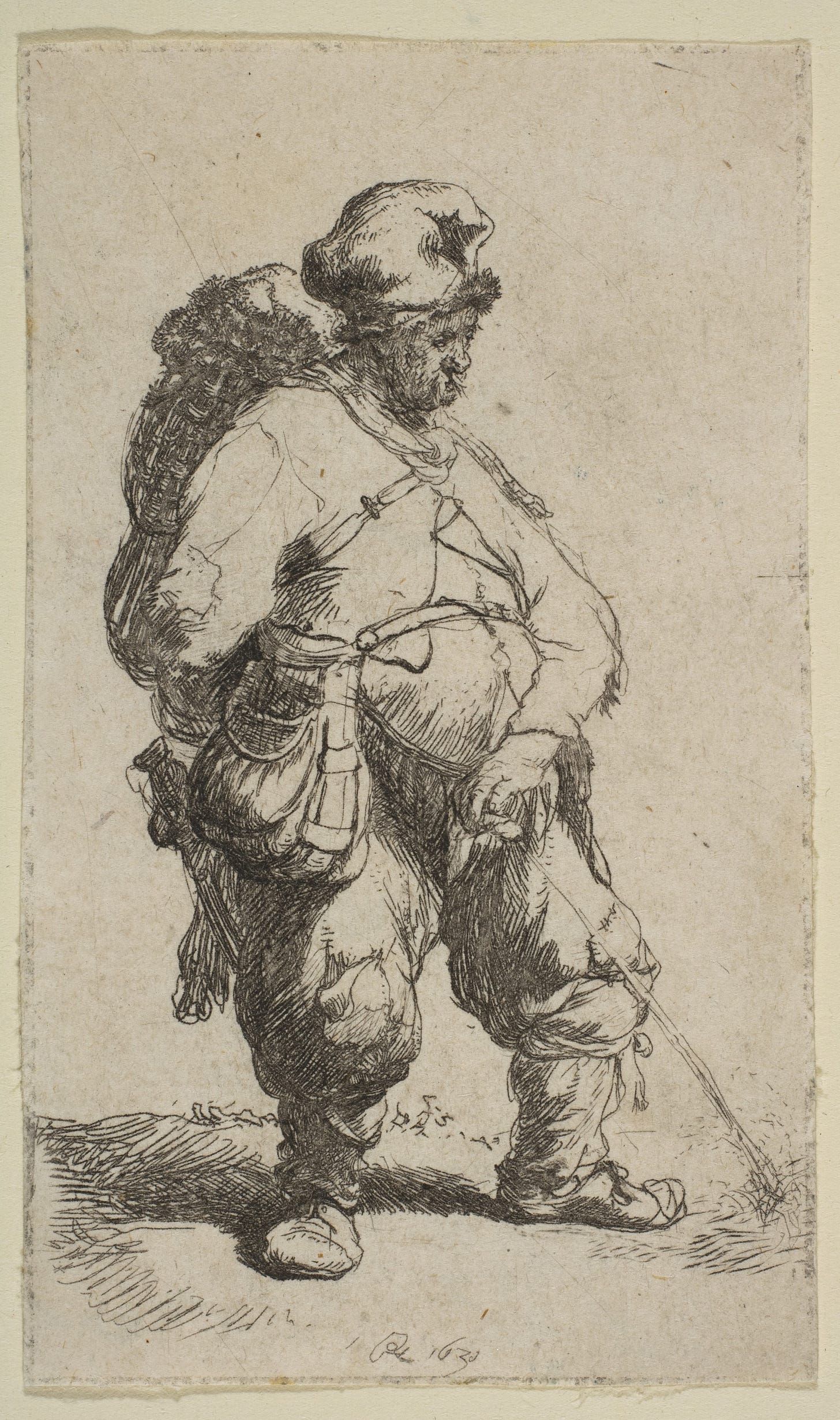
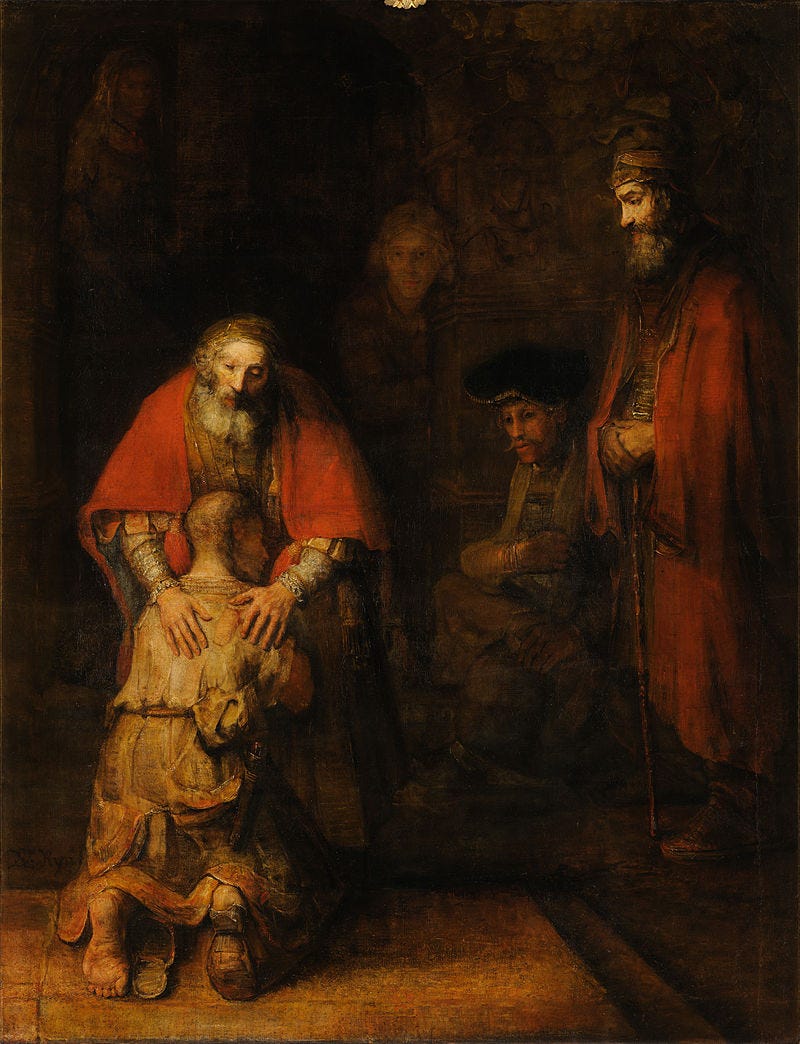
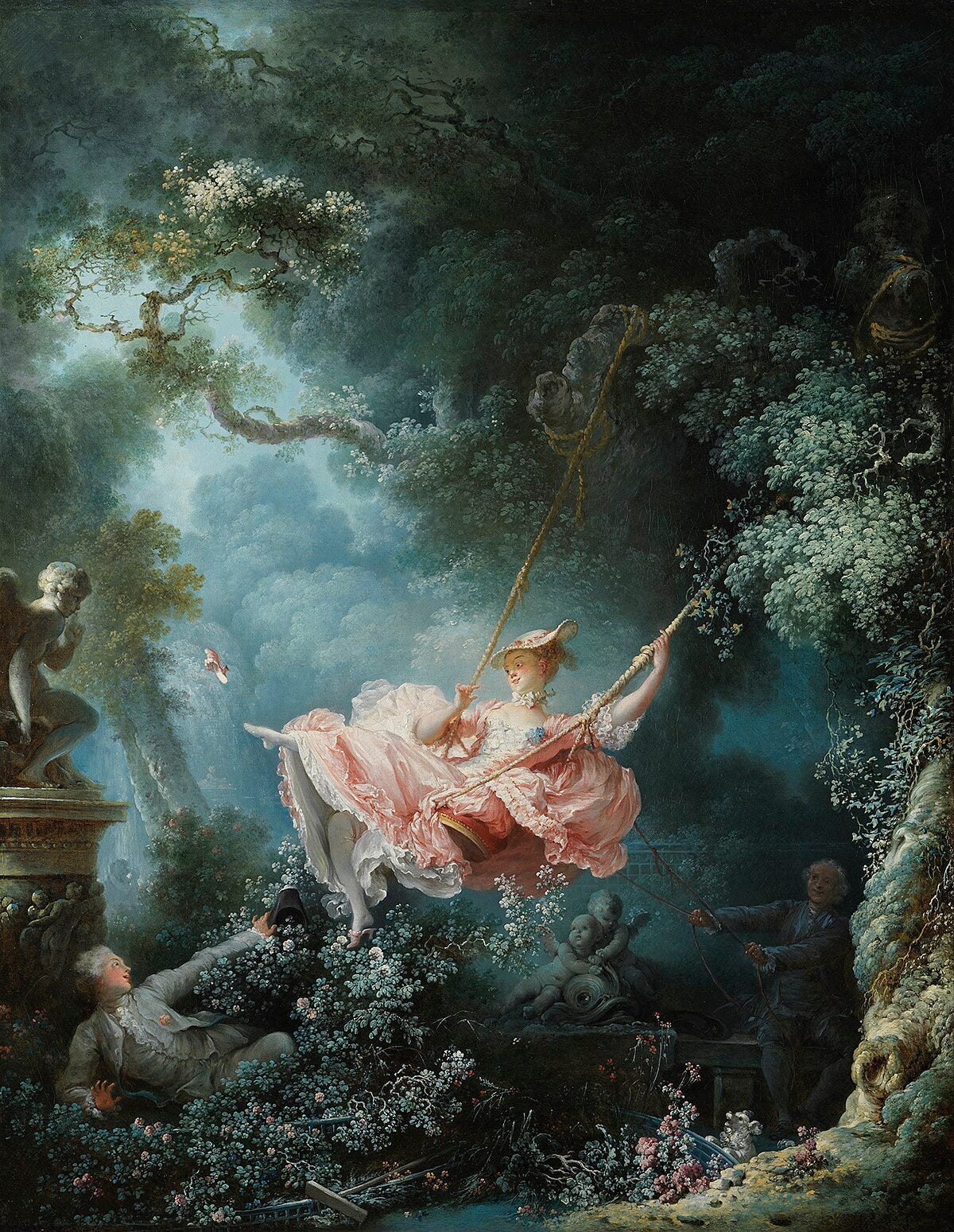
I did the clock test
The other day
Aced it
So obviously
I can drive
Another two years
The wonders of science!
I'm a terrified writer. Unsure that what I have to say means anything to anyone except me. This column gave me some courage to comment on the time I took my mother to a neurologist in the mid-90's. Her friend had insisted that my mother showed signs of dementia that were similar to an elderly aunt of the friend. However, my mother's family physician told me not to worry about such things - "of course your mother forgets her keys occasionally." At that time, I had a toddler to care for, and I lived in another city, although, not far from my mother. After taking my young daughter to daycare, I drove to Cambridge to take my mother to medical appointments, seemingly on a daily basis. As the youngest child of three, and living in relatively close proximity to my mother, I felt completely incapable of being in this role. My older brother and sister lived in Europe, so it was up to me. My young daughter was unhappy in her daycare, but I continued to drop her off each day because my mother took priority at that time. I regret this. The sometimes inane questions that the neurologist asked required my mother to take time to respond, naturally. My mother was uneducated, having left school in Ireland at the age of twelve. It's only all these years later, that I realize I was not up to the task of this level of responsibility, not able to be fully present while I worried about my young child at the same time. I'm not a fan the medical profession at the best of times, and I hate to think I made decisions on behalf of someone else that I was incapable of making and were not in their best interest.